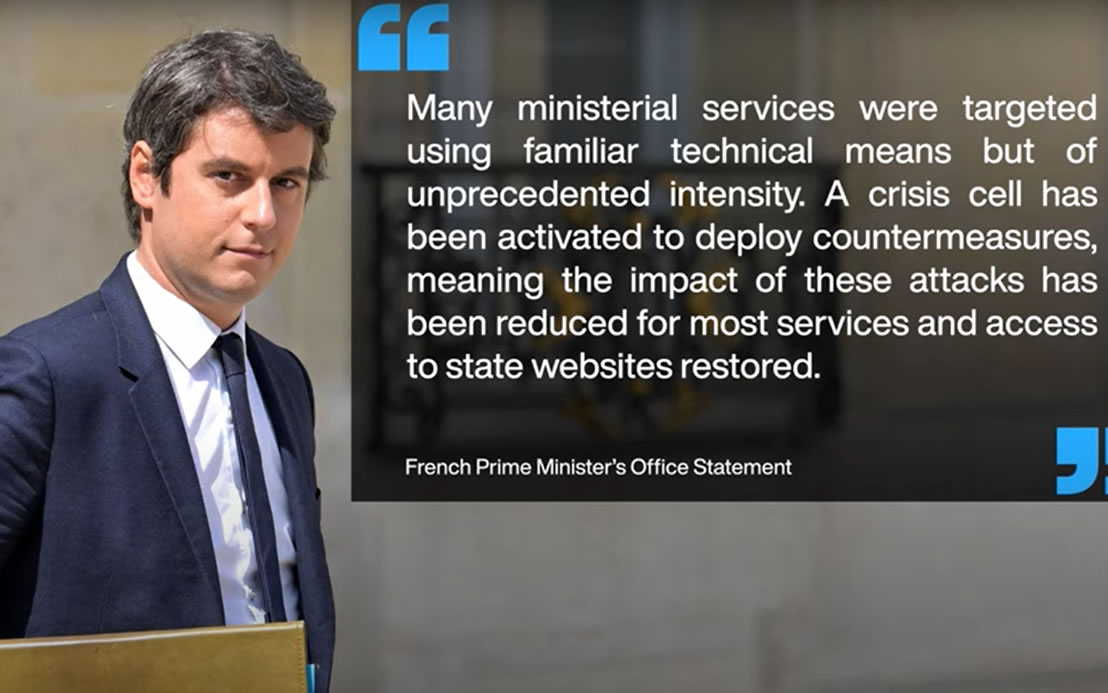Digital identity is emerging as a game-changer for economic growth in Ivory Coast and across Africa. It facilitates financial inclusion, simplifies administrative processes, and strengthens security in digital transactions. The recent Digital Identity Day, organized by the Ministry of Digital Transition and Digitalization, highlighted its importance in modernizing public services and making them more accessible. With collaborations from technology firms like THALES and Computec, the government is pushing for a reliable and interoperable digital identity system. This initiative is crucial for creating an inclusive economy, reducing fraud, and improving the efficiency of business and governance structures. Experts emphasized that a secure digital identity framework will not only empower citizens but also drive investments and economic development. However, challenges such as data security, digital literacy, and infrastructure gaps remain. Addressing these issues is essential to unlocking the full economic potential of digital identity in Ivory Coast and Africa.
Key Concerns Addressed
- Lack of financial inclusion due to traditional identification barriers.
- Complexity of administrative procedures slowing economic activities.
- Security risks in digital transactions affecting trust in e-commerce and banking.
- Limited access to public services for unregistered citizens.
- Challenges in identity verification for businesses and government agencies.
- High risk of fraud and identity theft in financial transactions.
- Need for a reliable digital identity infrastructure to support economic growth.
- Gaps in digital literacy preventing widespread adoption.
- Interoperability issues between different digital platforms.
- Slow private sector adoption of digital identity solutions.
The Role of Digital Identity in Economic Growth
1. How Digital Identity Enhances Financial Inclusion
One of the biggest economic challenges in Ivory Coast is the exclusion of many citizens from financial services due to lack of proper identification. Digital identity bridges this gap by allowing individuals to securely access banking services, mobile money, and online payments. This, in turn, stimulates economic growth by increasing the number of financially active citizens.
2. Streamlining Administrative Processes for Businesses
Digital identity for economic growth in Ivory Coast plays a crucial role in simplifying bureaucratic procedures. Businesses often face delays due to cumbersome registration and verification processes. With a reliable digital identity system, entrepreneurs can register companies faster, apply for licenses more efficiently, and access government services without excessive paperwork.
3. Boosting Digital Transactions and E-Commerce
The success of digital transactions and e-commerce depends on trust and security. Without a secure identification system, online fraud and cybercrimes become rampant. Digital identity for economic growth in Ivory Coast ensures that individuals and businesses can engage in digital transactions with confidence, fostering a safer and more vibrant digital economy.
4. Reducing Fraud and Enhancing Security
One of the primary concerns addressed by digital identity systems is fraud prevention. By creating a unique and verifiable digital identity for each citizen, the government can significantly reduce cases of identity theft, financial fraud, and social service scams. This benefits both public institutions and private businesses, making economic transactions more transparent and reliable.
5. Challenges and the Road Ahead
While digital identity has enormous potential, there are significant challenges that need to be tackled. Infrastructure development is necessary to ensure that all citizens, including those in rural areas, have access to digital identity services. Additionally, digital literacy programs must be implemented to educate the population on the benefits and safe usage of digital identity. Finally, robust data protection laws and cybersecurity measures are essential to maintain trust in the system.
Digital identity for economic growth in Ivory Coast is more than just a technological advancement—it is a necessity for fostering a modern, inclusive, and secure economy. By addressing financial exclusion, streamlining administration, and enhancing security, digital identity lays the foundation for a more prosperous future. However, successful implementation requires strong government policies, private sector collaboration, and widespread public awareness. With the right approach, Ivory Coast and the rest of Africa can harness the full potential of digital identity to drive economic transformation.





















